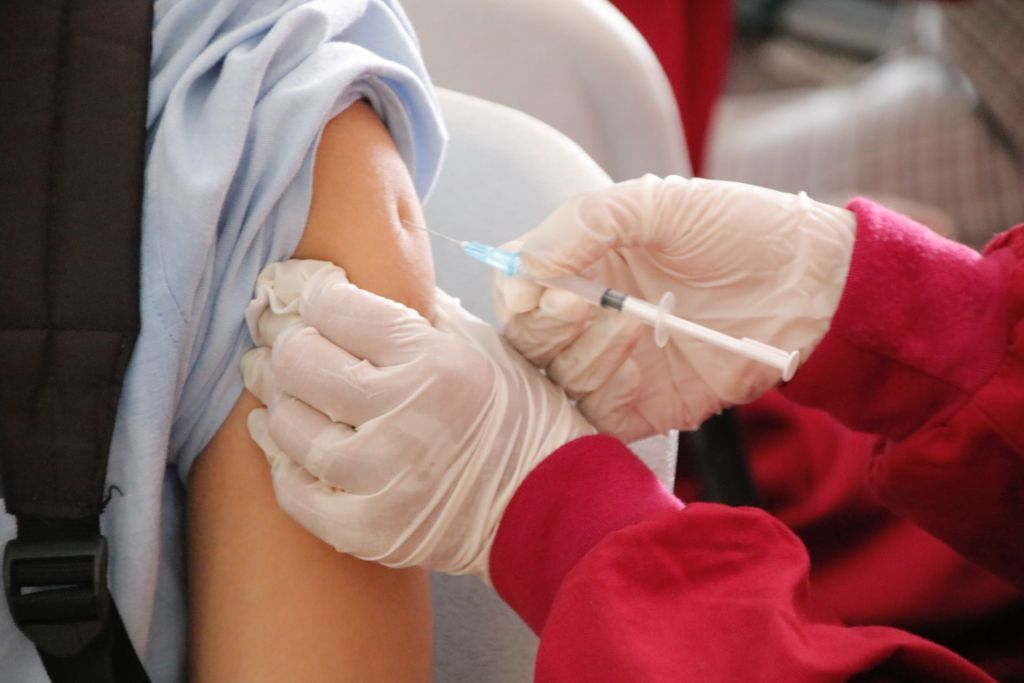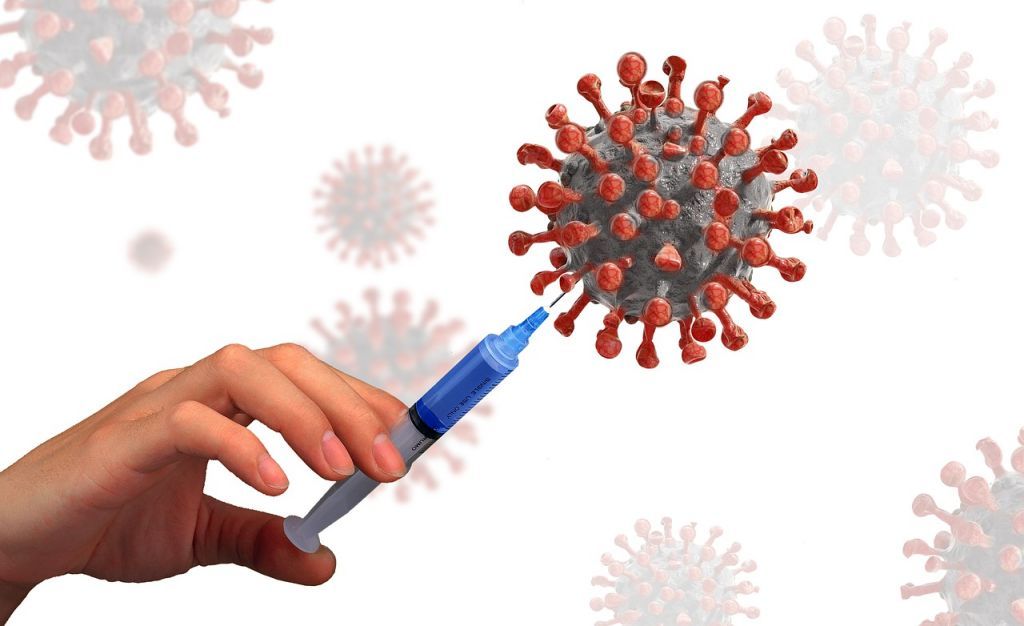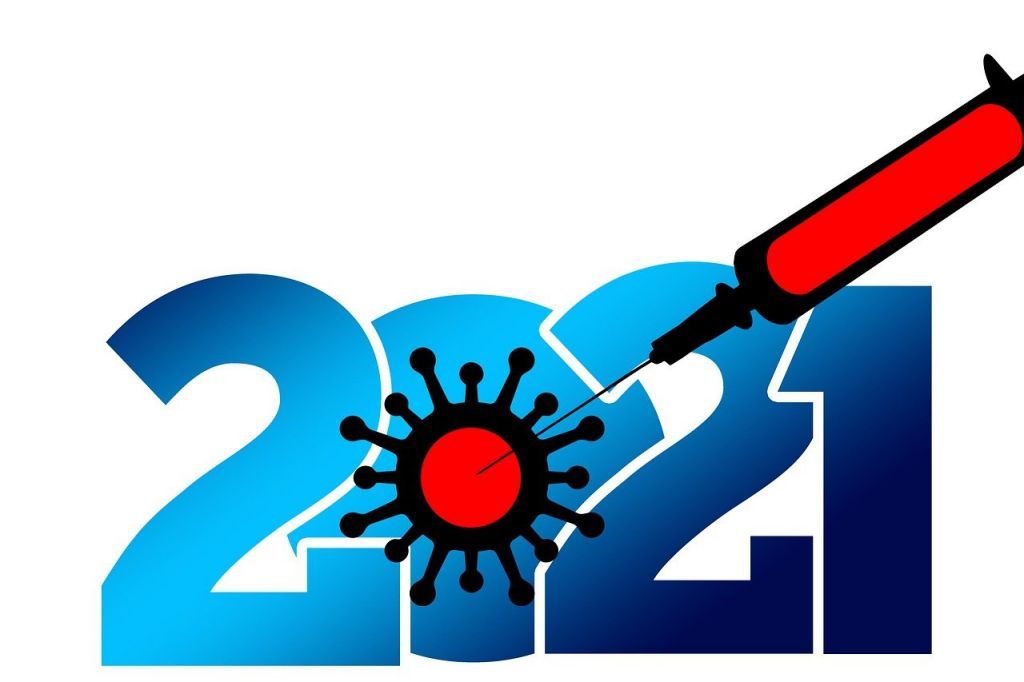The European Commission has published the 2022 State of Vaccine Confidence in the European Union report.
The third of its kind, this report shows that, across the EU-27 Member States, 81.5% of respondents agree that vaccines are important, 85.6% agree they are effective and 82.3% agree that they are safe.
Following fluctuations during the pandemic, perceptions have generally returned to their 2018 levels. Nevertheless, differences between countries and vaccine types persist. A comparison of the public confidence between over 65-year-olds and 18-34-year-olds shows an increasing “vaccine confidence gap”: The 18-34-year-olds became less confident between 2018 and 2022.
Commissioner for Health and Food safety, Stella Kyriakides, said: “The COVID-19 pandemic showed how important vaccines are, saving an estimated 20 million lives in the first year after their authorisation. This is a testament to our strong cooperation with researchers, scientists, manufacturers, national authorities, and our global partners. At the same time, the report underlines the speed at which confidence can change and the many factors that can influence it. Gains in vaccine confidence prior to the pandemic were the result of a concerted effort in the EU. We must learn lessons from the pandemic and join forces to understand the barriers so that we can close vaccination gaps.”
The Confidence report is part of the follow-up to the 2018 Council recommendation on strengthened cooperation against vaccine-preventable diseases. The recommendation presents a list of activities to increase the uptake of vaccination. As part of the EU4Health programme’s vaccine misinformation counter initiative, the Commission is launching a communication campaign on the benefits of lifelong, COVID, seasonal influenza and HPV vaccination, under the title United In Protection.
Although good majorities of respondents hold positive beliefs towards vaccines in 2022, many of the gains in vaccine confidence witnessed in the previous edition have faded. In the previous edition, large increases in vaccine confidence across many EU member states, particularly with regard to the seasonal influenza vaccine, were detected and were likely impacted by the timing of 2020 fieldwork, which took place in Spring 2020.
Click here to read the full report










